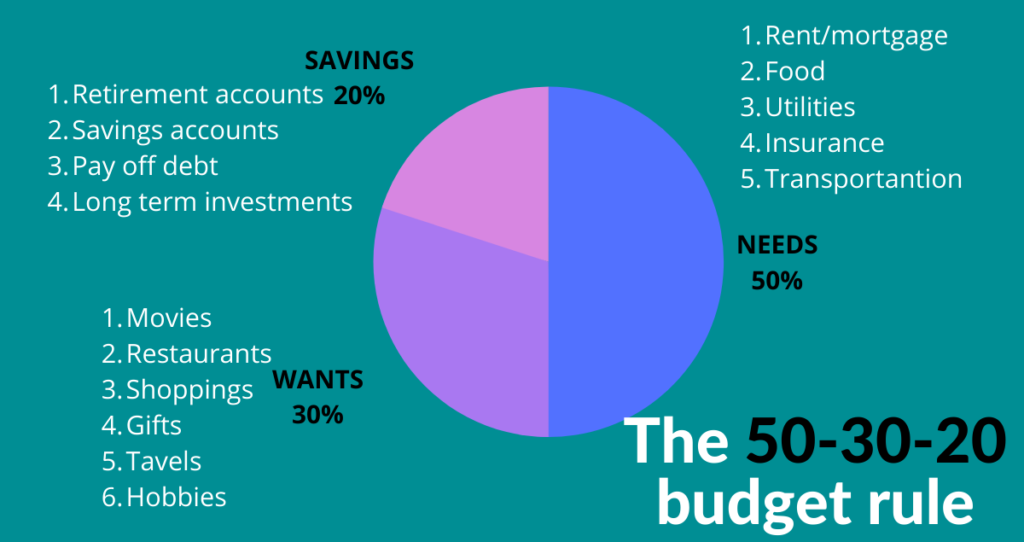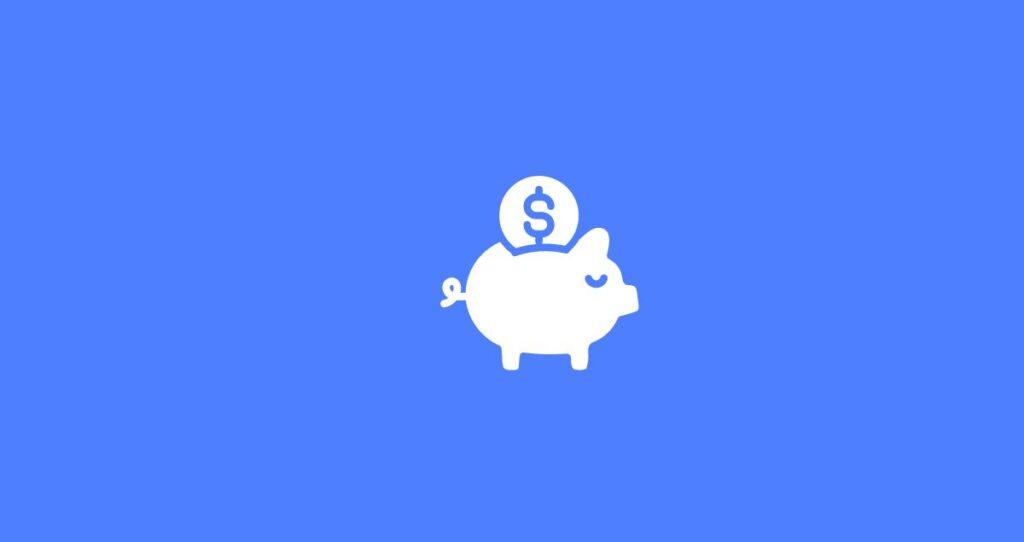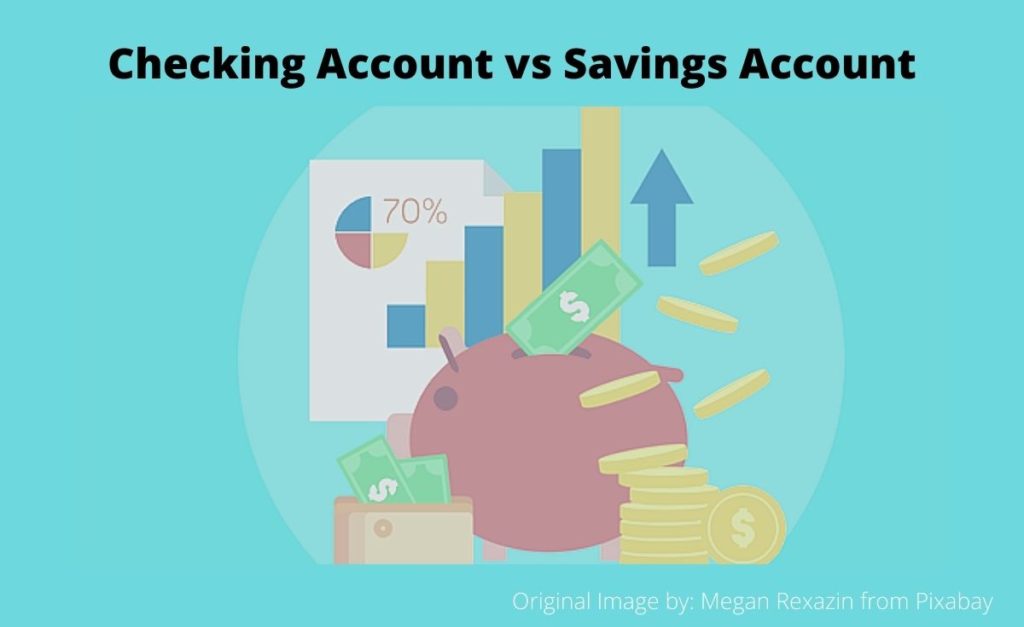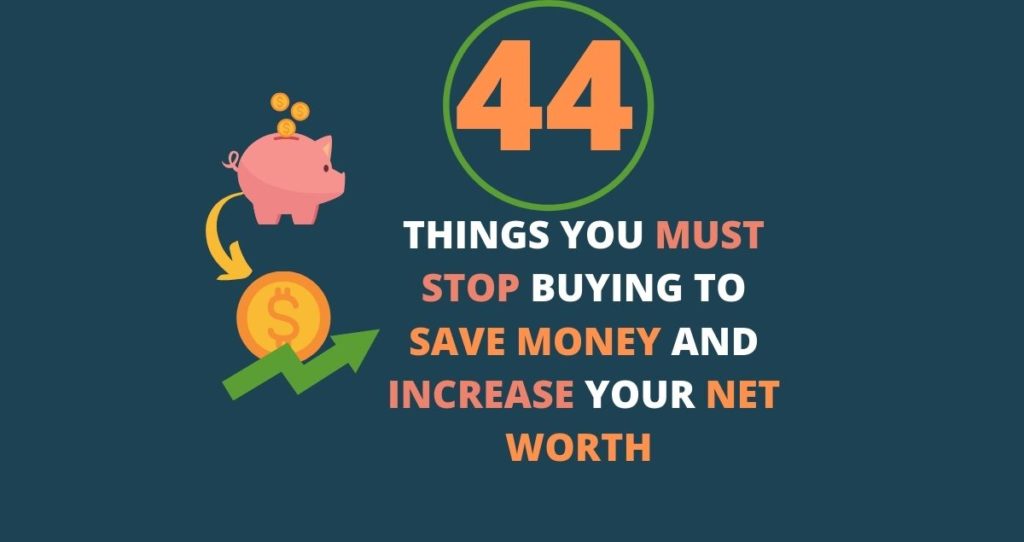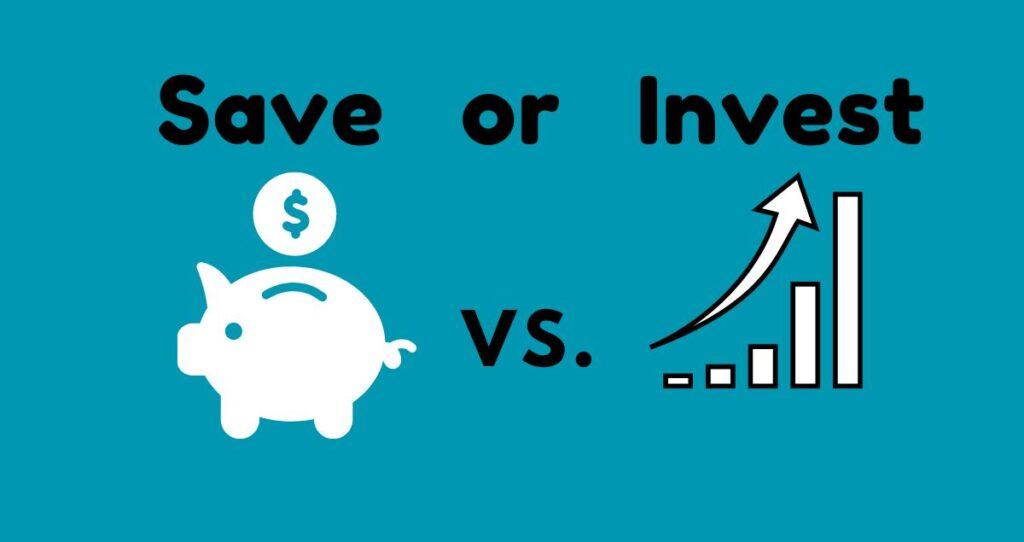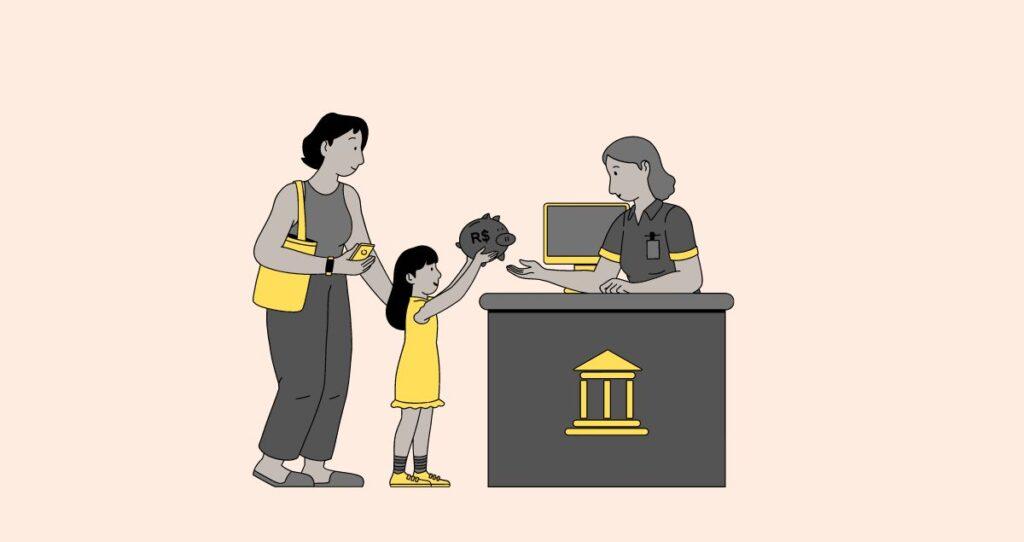When it comes to building your savings account or how much money you should keep in a savings account, things can get a little confusing. This is because people have different lifestyles. The money you need to keep in your savings account will be different from others due to different incomes and financial situations.
The money you should keep in your savings account is directly affected by your expenses. If you have a lot of expenses, for example, your savings account size will be greater than someone who doesn’t.
This article will show you exactly how much money you should keep in your savings account at all times regardless of your income and expenses.
What is a savings account?
A savings account is an account you create with a bank, credit union, or other investment institution. This account allows you to keep a portion of your money in the account and earn a small return. Due to these benefits, your account provider will have restrictions on the account. For example, there will be a limited number of withdrawals you can do in the account per month. At the same time, you must transfer the money into a checking account before spending it.
A savings account has some similarities with a checking account. For example, your employer can deposit your check directly into your savings account which is a service possible with a checking account.
For more details on the savings account and checking account and how they differ, read the following article.
Related: Difference between Checking and savings accounts?
How much money should you keep in a savings account?
A savings account lets you keep your money secured and earn a small profit at the same time. The money in the account can help you take care of expenses such as medical bills, emergencies, or simply transfer the money into a checking account and use it for your daily expenses.
The savings account can also help you cover your expenses when you lose your job or when you can no longer afford to cover unexpected expenses with other means.
So, how much money should you keep in your savings account?
The amount of money you should keep in your savings account will be directly affected by your monthly expenses. Although there is no limit to how much you can keep in the account, there is a reasonable amount to consider.
For example, if you are using the account as an investment, your returns will be greater only if you have a large sum in the account. This is because the interest you earn on the account is very small to make a difference.
However, if you are keeping the money in the account for future financial protection, you should decide this amount based on your monthly expenses.
The bottom line is that you should keep at least 6 months worth of your expenses in a savings account. Six months is a reasonable time to turn your life around. For example, if you lose a job, it is more likely that you will land another job within six months.
You could also do what other people do which is saving between 3 to 6 months of expenses. When it comes to expenses to consider, however, it can be confusing.
Although it is important to include every expense you have, it may not be economically viable to include even your yoga membership. Just include the most important expenses. Important expenses are those that must be paid no matter what. For example, you cannot skip your mortgage payments or rent. Also, you cannot go on without eating or paying off your insurance contributions. These expenses are vital expenses and should be considered first.
How to calculate the money to keep in your savings account

Assuming that you have decided to keep 6 months of expenses in your savings account, now it is time to see how much exactly you will need to save. You can use the following steps.
- List all your expenses from the most important to the least important
- Add up all expenses starting with important ones first
- Calculate the total sum
- Multiply that sum by six or the number of months you want to save for
We are using your current and past expenses because it is hard to evaluate the future. You can also make it easy for you by looking at your bank statement. It will show you where your money is spent and what categories. You can use those numbers as your references.
For example, if your total monthly expenses are $4,000, you will need to save $4,000X6 = $24,000 into your savings account. If you are going with the 3-6 months formula, then, you should save anywhere between $12,000 and $24,000.
Why is it a bad idea to keep too much money in your savings account?
Is it possible to keep too much money in your savings accounts?
One of the benefits banks advertise savings accounts for is the interest you earn on the account. Yes, you can earn some return on the money you keep in a savings account.
The problem is that these returns are minimal to a level where they don’t make any difference unless you have a ton of money in the account. According to FDIC, the average return on a savings account is at 0.05% in 2022. This return is so small that you don’t see any changes to the account after earning it.
Having a lot of money in a savings account is not economically viable. There are other investments you can pursue that will yield a much greater return.
In addition, there is a limit to how much insurance (protection) you can get with the money into your savings account. The money you keep in your savings account is insured up to $250,000 with banks backed by FDIC. You can see that not only that you will earn a small return, but all your money will not be covered.
Inflation will also be your biggest enemy. According to Bloomberg, the inflation rate is at 7.9% as of March 2022. This rate is higher than the interest returns you will get on many investment options. Putting too much money in your savings account is no longer a good option. Why would you settle for 0.05% APY if inflation is eating 7.9% of your money?
If you have an extra amount, put it in different investment alternatives. By putting your money elsewhere, you will have more chances of earning higher returns.
How to grow your savings account fast
At this point, you know that you need between 3 to 6 months or at least 6 months depending on the level of security you want. The question is where the money will come from?
In order to grow your savings account, you will need to re-evaluate your spending habits. It is possible that you spend too much money on things you want such as eating out every day, buying designer clothes, upgrading to the latest gadgets, etc. All these products cost you a lot of money but do not bring any extra value into your life.
The best and most economical way to grow your savings account is to reduce your expenses. Get rid of things you don’t need and allocated those funds into your savings account. You can also have part of your check directly deposited into your savings account. This will eliminate the temptations of spending it.
Another great way to increase your savings is to join a money-saving challenge. The challenge will push you to save a particular amount at a particular time. Hence, boosting your savings account much faster.
If you can’t reduce your expenses any further, get a part-time job to help you save more money. Make sure that the money you make on the part-time job goes directly into your savings account.

